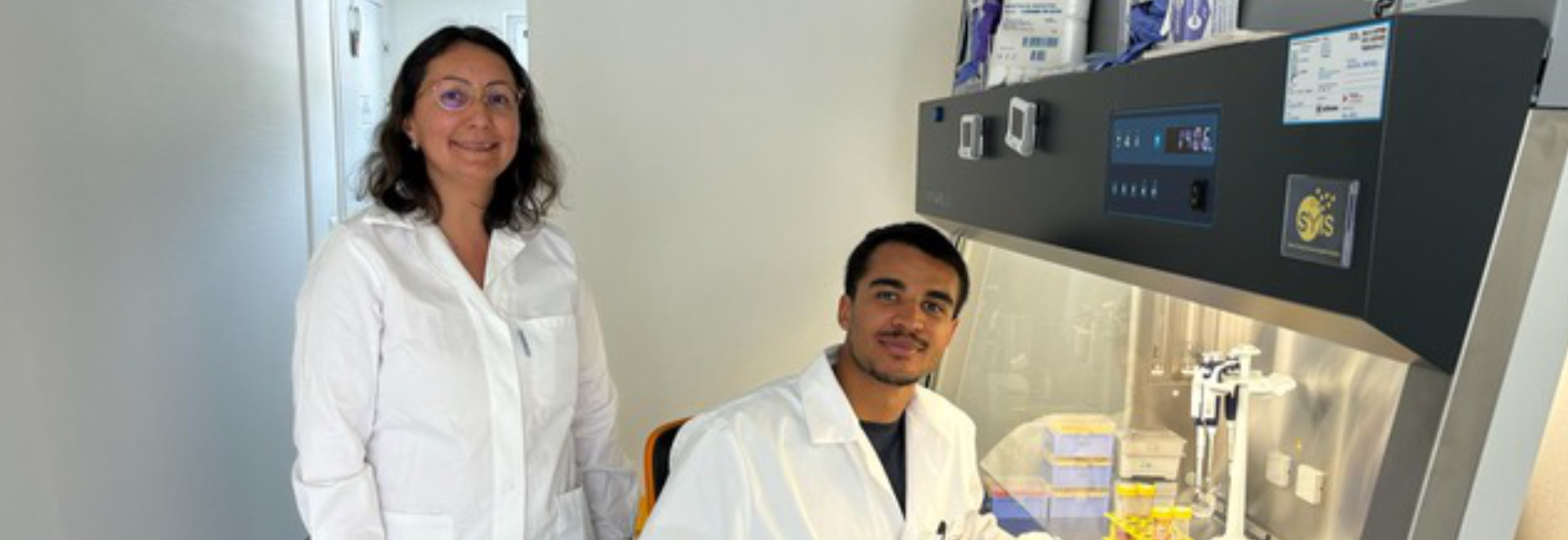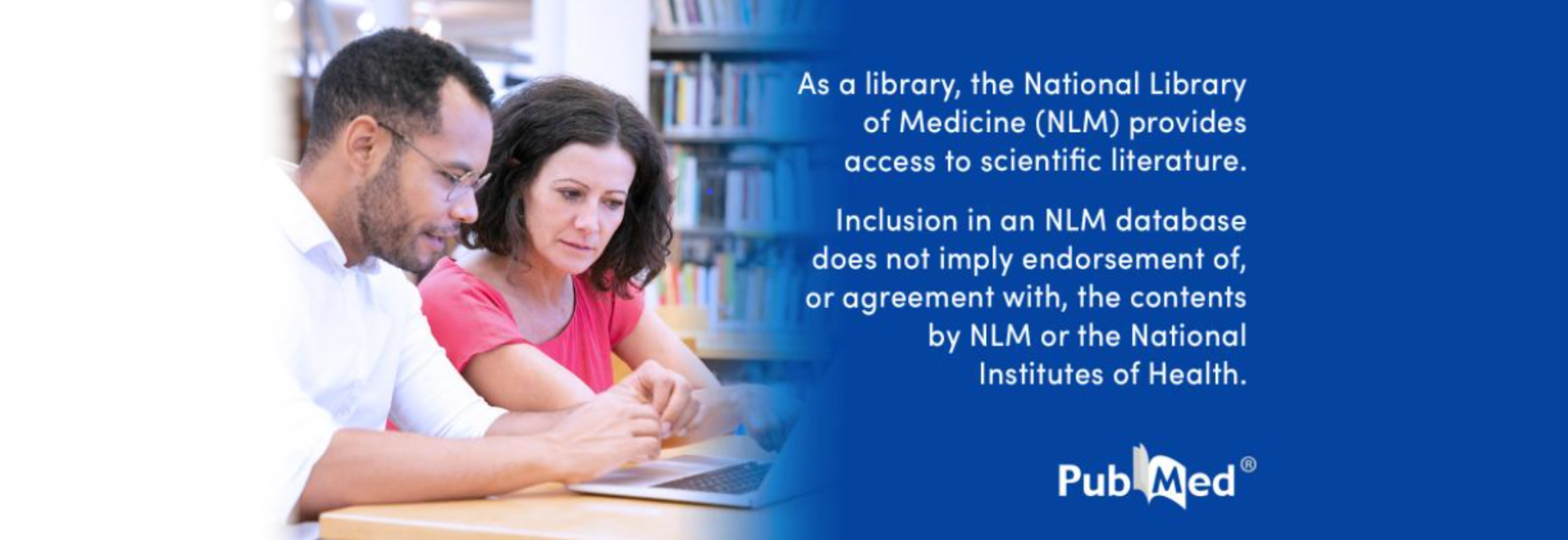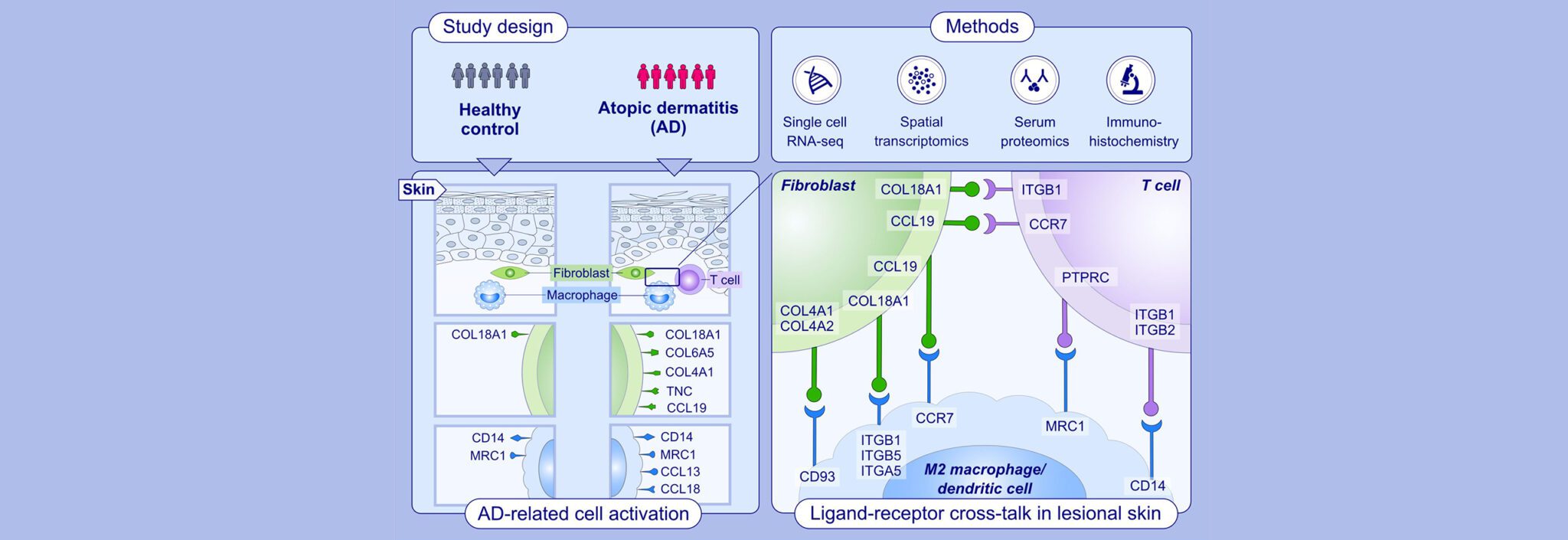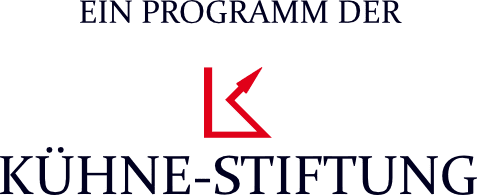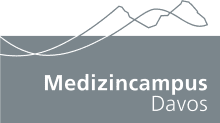B cells play an important role in the human immune system because they are the cells that produce antibodies. A research team at SIAF led by Professor Cezmi Akdis (Workpackage 2) recently reported that B cells – apart from their role antibody-producing cells – can function as regulators of the immune response by the production of cytokines. Certain subgroups of B cells were identified which produce specific cytokines. For instance, regulatory B cells produce the anti-inflammatory cytokine interleukin-10 and are hence able to protect against autoimmune diseases and allergic inflammation.
The aim of this study is to identify new human cytokine-producing B cell subgroups and research their role in immune regulation. B cells cannot be cultured for lengthy periods in vitro. Therefore we suppressed the cell division of the B cells by increasing the production of two specific genes (BCL-6 and BCL-xL). The method of suppressing cell division and increasing the production of certain proteins is known as over-expression. This makes it possible for us to form long-lived B cells. To enable us to characterise individual B cells, we isolated individual cells and generated B cell clones. Then we studied the gene activity of these clones in detail by means of next-generation sequencing (determining the nucleotide sequence of the RNA).
To allow us to identify new effector B cell subtypes that produce specific cytokines, we had to group the individual B cell clones based on their cytokine expression. Using this approach we identified 6 clone groups which expressed specific cytokine profiles, i.e. activated specific cytokines. Some of these cytokine profiles (an expression profile shows what the cell actually does) resembled previously described subgroups of effector B cells, such as the interferon-gamma-producing B cells and the interleukin-10-producing regulatory B cells. Interferon is a protein that exerts an immunostimulating, primarily antiviral effect; interleukin is a cytokine with an anti-inflammatory effect, which inhibits the inflammatory reactions taking place in the body. In addition, we found other clusters with different cytokine profiles, which have not previously been described. At present we are working on carrying out detailed characterisation of these new B cell subgroups so that their potential role in allergic diseases can be assessed.


